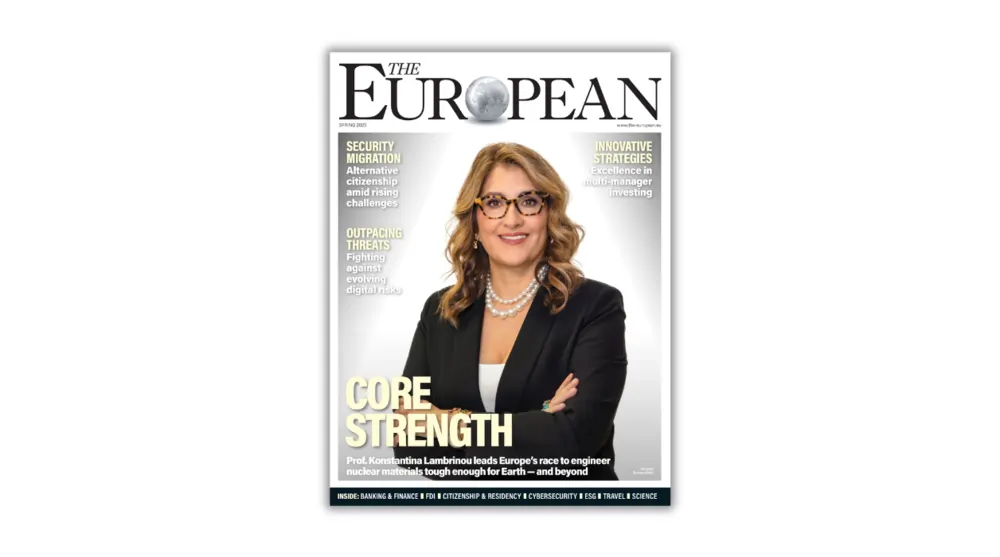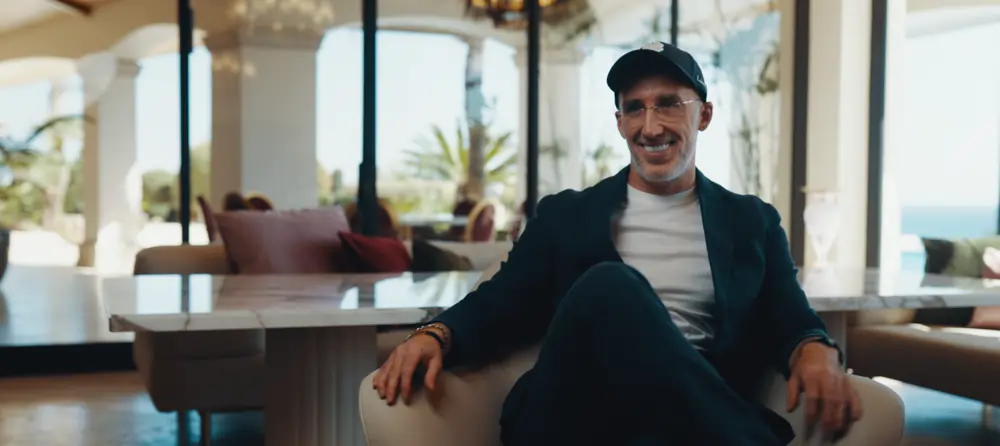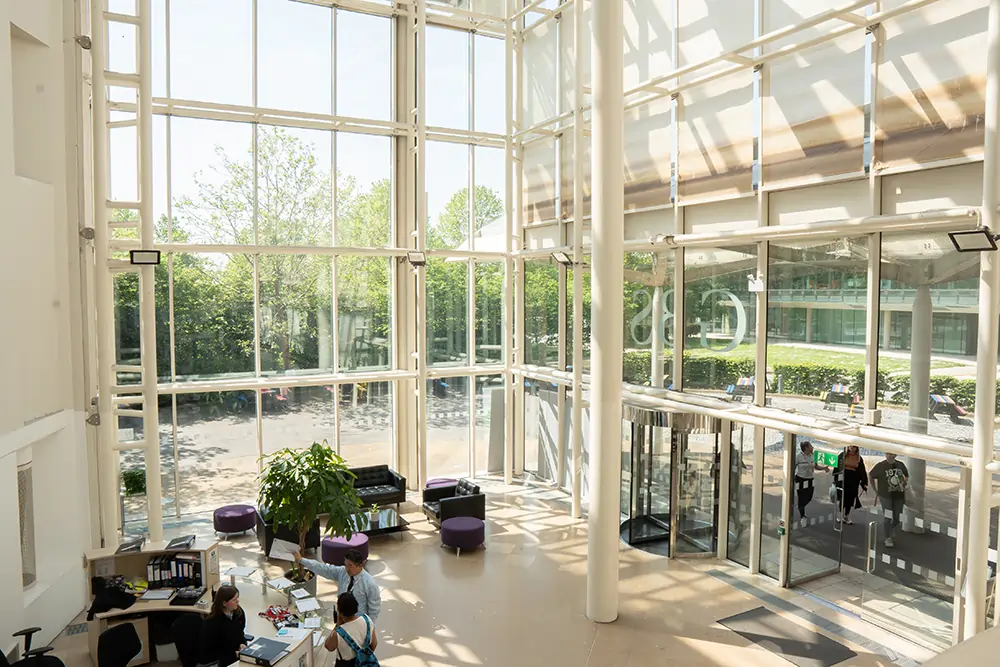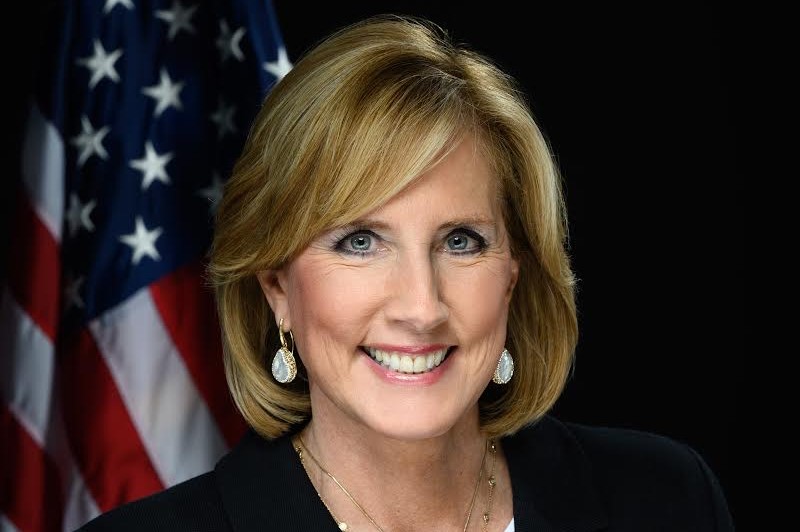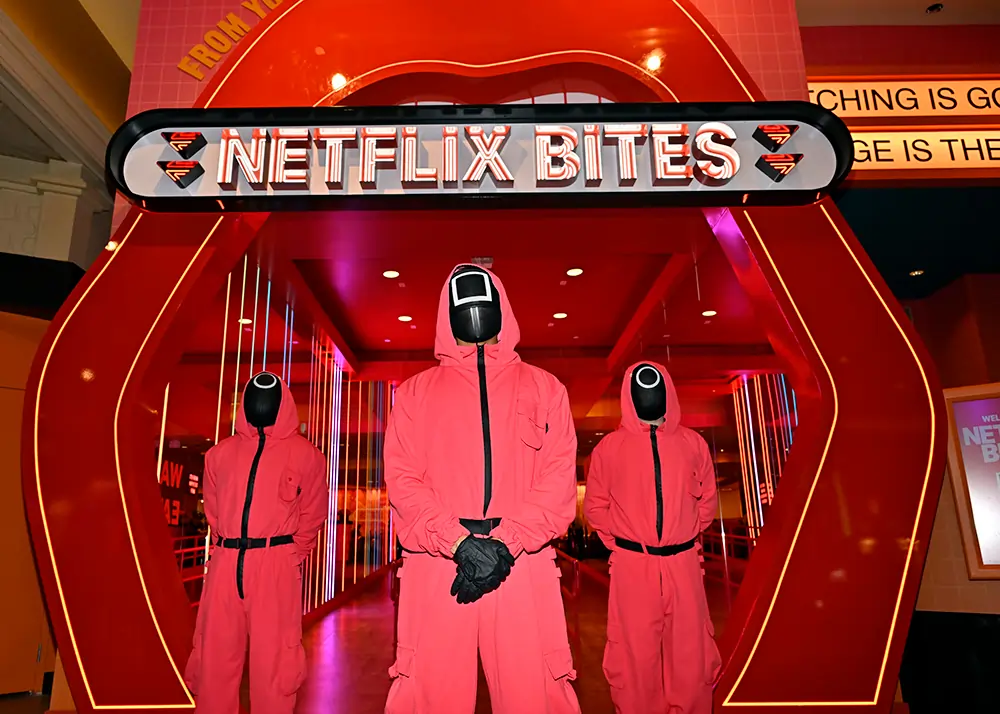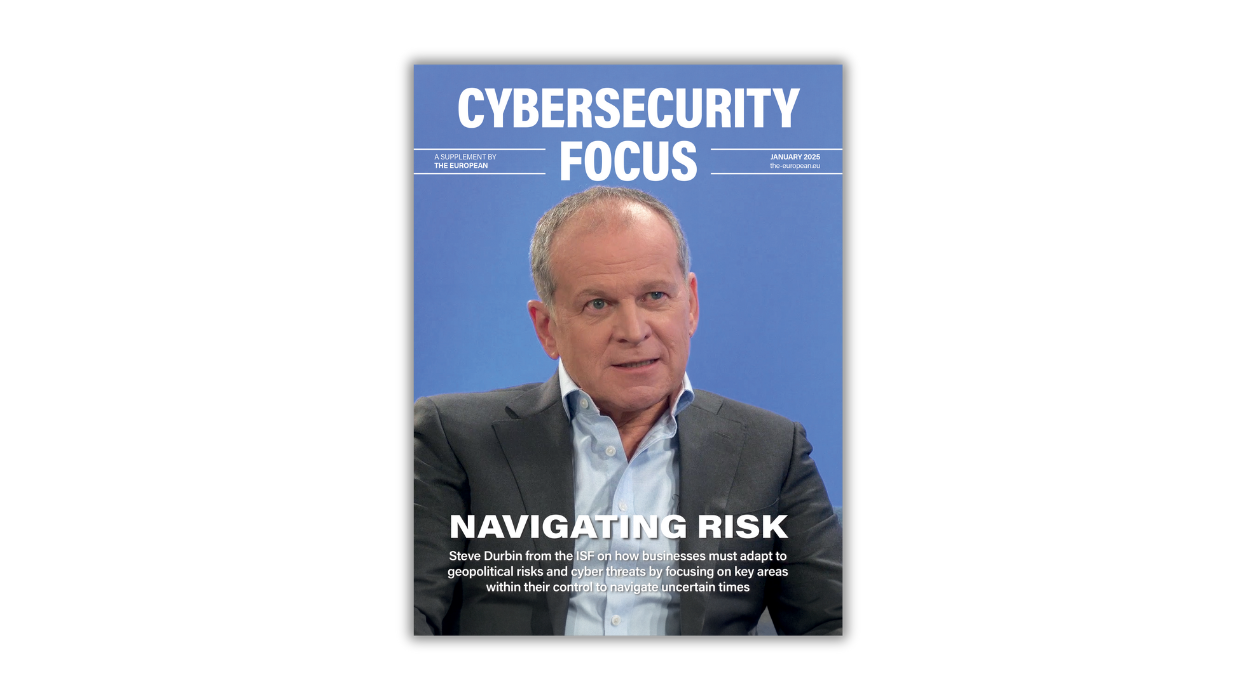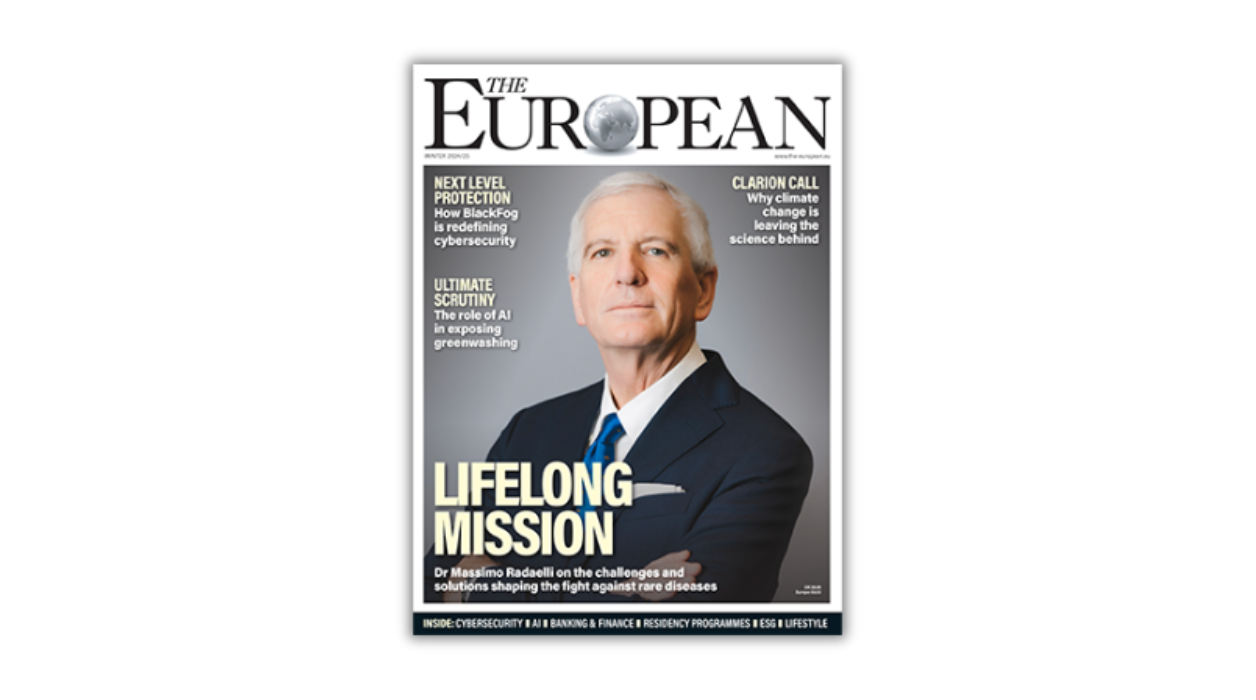Why luxury brands are expanding into hospitality

John E. Kaye
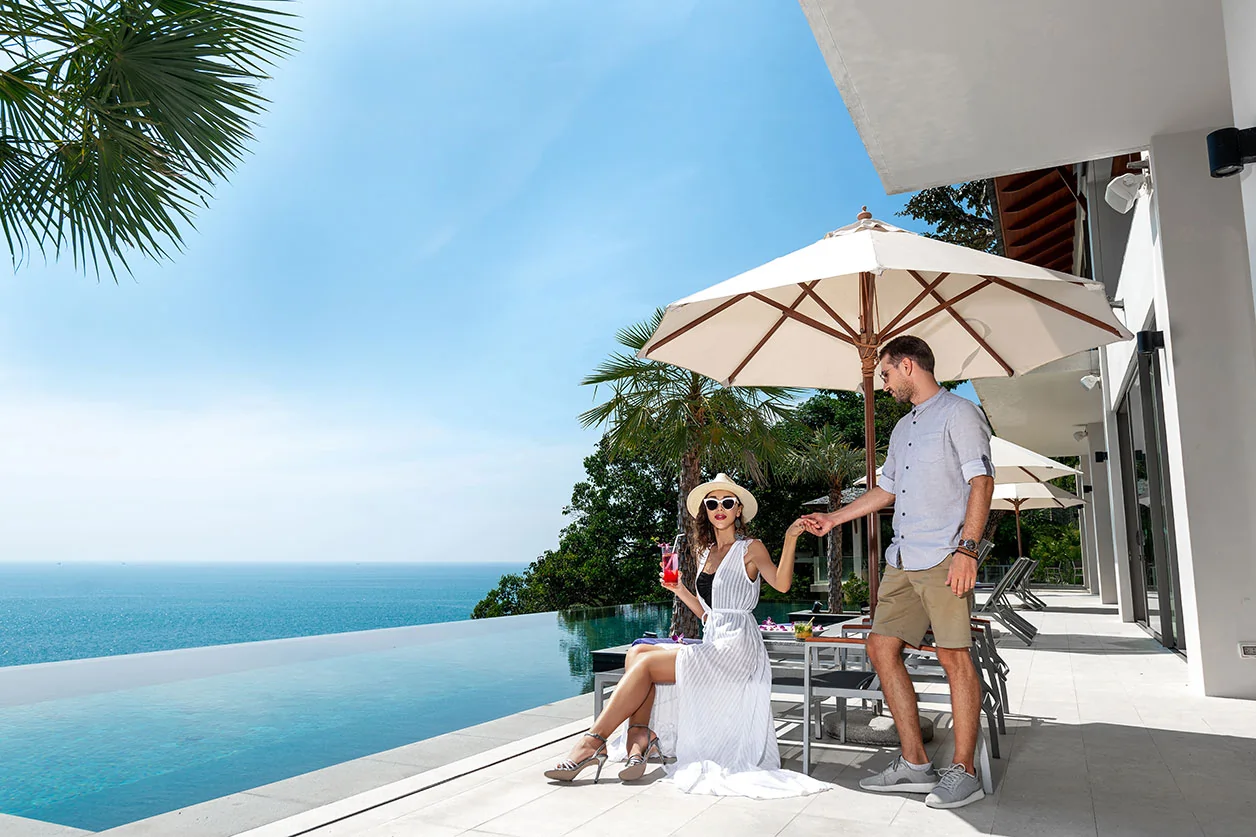
Driven by social media and a thirst for experience, younger generations are forcing luxury brands to adapt their strategies, says Florent Girardin of EHL
In recent years, as a result of global diversification and a need for emotional engagement, the lines between the hospitality sector and the luxury sector have become blurred. Many of the luxury goods brands are in the process of reinventing themselves, and are trying to become more involved in their clientele’s lives and lifestyle – often through expanding their offering beyond traditional remits into the hospitality sector.
Examples of this include Italian luxury brands Armani and Bulgari opening 5-star hotels in Milan, Dubai, and other cities; Tiffany & Co opening The Blue Box Café on the ground floor of Harrods, and Ralph Lauren launching Ralphs Coffee & Bar, which has become a popular dining destination in Mayfair. Luxury brands have not only been expanding into the hospitality sector with restaurants and coffee shops, Swiss luxury watch brand Audemars Piguet has recently built a watchmaker hotel in Vallée de Joux, Switzerland.
However, such diversification is not necessarily new. In the luxury sector, brands have long-since leveraged their reputations to enter into new product categories – from perfumes and luxury accessories, to jewellery and designer eye-wear. However, the concept of global brands expanding into hospitality, is something that constitutes a modern trend.
Living the dream
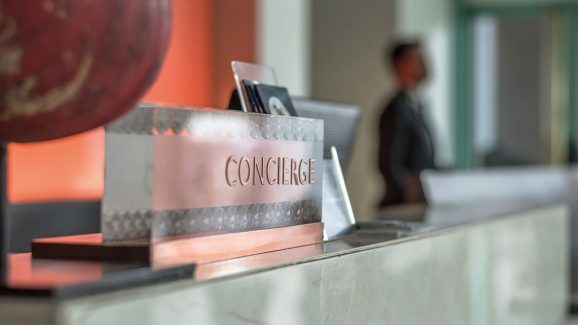
The reason behind this move is because there is an increasing demand from luxury consumers – in particular from younger generations – to live and experience their beloved brands, going beyond the concept of simply owning a luxury item. Additionally, the next generation of luxury consumers are redefining the notions of luxury and status. Older generations, the baby-boomers, are still using luxury goods as a status symbol, physical proof of their success, whereas younger generations (generation y and z) prefer to show their status through exclusive and meaningful experiences – something that they can show easily on social media platforms. For these new generations, owning a luxury car or watch is not important to them, instead living a luxury experience is what gives them a sense of achievement.
Moving into the hospitality industry allows luxury brands to enhance this luxury experience for their customers and attract the future luxury clients. In doing this, they are transforming their marketing tactics from “story telling” to “story living”, as they have realised the potential in integrating hospitality into their core business model for a more holistic and multi-sensorial experience.
These extensions are coherent from a branding perspective as the very ethos of luxury brands lies in the culture of service excellence, attention to detail, and personalisation. Hotel and restaurant experiences allow guests to be fully immersed in their favourite luxury brand universe. This is something I teach on my Hospitality and Luxury Brand Management course. Here, I analyse with my students how iconic luxury brands now develop strategies to co-produce meaningful experiences with their customers, and how they identify the trends for immersive experiences that encourages luxury brands to learn from the hospitality sector.
For instance, luxury brands are designing bespoke “money can’t buy” experiences for their VIP clients in order to strengthen consumer-brand relationships on the long run. Those experiences very often include exclusive hospitality components like a 3 Michelin-star meal in the middle of nature, or a luxury night-stay in a nomadic hut in the forest with 5-star service. In order to be both purposeful and brand-related, these extraordinary hospitality experiences need to be aligned with the brand’s values, DNA and adapted to the personality and wishes of their clients.
Understanding client expectations
One thing that is key in this expansion into the hospitality sector is the need to understand the customer, and how to spend time with them. Now, most people who work within a luxury brand will understand how to do this, but from a sales angle. A core challenge for those companies that are trying to succeed in the luxury hospitality industry is acquiring the necessary skills and knowledge to manage a 5-star hotel or innovative restaurants to satisfy the high expectations of their clients. In order to succeed, understanding VIP clients, anticipating their needs and providing them consistently with an impeccable service are among the soft skills required, and these skills simply cannot be acquired by reading books and following theoretical courses.
Luxury clients have very high expectations in terms of hospitality and ensuring you have the right team to successfully branch out, is crucial. Bulgari decided to partner with the Ritz-Carlton, which is owned by Marriott Bonvoy, to operate its hotels; while other luxury brands are building their own hospitality teams by recruiting from 5-star hotels, palaces, and from the best Hospitality Business Schools such as EHL.
Those wishing to work within the hospitality sector, both luxury brands and those just starting out, should learn from practice and internships in luxury hotels and restaurants where they can be in direct contact with luxury clients from different cultures early on. You are much more likely to spend more time with clients in a hotel or restaurant, than you would in a luxury boutique – therefore, the knowledge acquired by serving and talking to the elite clientele coming from all over the world is critical and highly valuable when moving into the hospitality sector.
The lines between the luxury sector and hospitality have become increasingly blurred, this is because consumers are actively seeking a luxury experience over purchasing a luxury item and luxury brands are redefining their business models to keep up. To do this though, luxury brands are working together with well-known hotels and restaurants and employing staff that have been trained at the top hotels and hospitality schools because presentation is a large part of creating the experience that consumers are seeking.
This doesn’t just include combining impeccable manners with a smart appearance, but by also presenting the brand and its products and services with emotions and authenticity. Hospitality management professionals understand that the value of the brand is not just one factor, it is all about that attention to detail and creating unique moments for clients to experience the brand beyond the product or service.
It is a journey for the customer, and one that is increasing in demand. It is also intriguing to see how various hospitality degree holders can eventually end up working in the luxury goods industry.
ABOUT THE AUTHOR

Dr Florent Girardin’s academic research focuses on consumer reactions to brand and product positioning strategies. He lectures on Hospitality Marketing and Luxury Brand Management at EHL School of Hospitality, and his work has been published in ‘Journal of Consumer Psychology’ and ‘Psychology and Marketing’.
Further information
RECENT ARTICLES
-
 Managing cross-border risks in B2B e-commerce
Managing cross-border risks in B2B e-commerce -
 Research highlights rise of 'solopreneurs' as technology reshapes small business ownership
Research highlights rise of 'solopreneurs' as technology reshapes small business ownership -
 Human resources at the centre of organisational transformation
Human resources at the centre of organisational transformation -
 UK government sets up Women in Tech taskforce amid gender imbalance concerns
UK government sets up Women in Tech taskforce amid gender imbalance concerns -
 Liechtenstein lands AAA rating again as PM hails “exceptional stability”
Liechtenstein lands AAA rating again as PM hails “exceptional stability” -
 The Parisian business school quietly reinventing the MBA
The Parisian business school quietly reinventing the MBA -
 UK entrepreneur who founded £1bn firm acquires UAE amateur golf leader to launch world amateur Super League
UK entrepreneur who founded £1bn firm acquires UAE amateur golf leader to launch world amateur Super League -
 Why your home is the best place to teach children leadership
Why your home is the best place to teach children leadership -
 Inside the Spring 2025 Edition of The European
Inside the Spring 2025 Edition of The European -
 The Paris MBA designed for real-world leadership
The Paris MBA designed for real-world leadership -
 Soft2Bet reflects on eight years of leadership and philanthropy in new film featuring CEO Uri Poliavich
Soft2Bet reflects on eight years of leadership and philanthropy in new film featuring CEO Uri Poliavich -
 Global Banking School celebrates ‘milestone’ anniversary
Global Banking School celebrates ‘milestone’ anniversary -
 Saudi Arabia hosts the fourth Riyadh International Humanitarian Forum
Saudi Arabia hosts the fourth Riyadh International Humanitarian Forum -
 New York Congresswoman pushes for Trump’s birthday to be enshrined as federal holiday
New York Congresswoman pushes for Trump’s birthday to be enshrined as federal holiday -
 Red light, green bite: Netflix restaurant opens in Vegas
Red light, green bite: Netflix restaurant opens in Vegas -
 Read our Cybersecurity Focus supplement, featuring insights from Information Security Forum
Read our Cybersecurity Focus supplement, featuring insights from Information Security Forum -
 Davos World Economic Forum 2025: Collaboration for the Intelligent Age
Davos World Economic Forum 2025: Collaboration for the Intelligent Age -
 The European releases its Winter 2024/25 edition
The European releases its Winter 2024/25 edition -
 Read our FDI Focus supplement, featuring insights from Michael Lohan of IDA Ireland
Read our FDI Focus supplement, featuring insights from Michael Lohan of IDA Ireland -
 PizzaExpress to Expand Dough Base Stateside
PizzaExpress to Expand Dough Base Stateside -
 The two core skills middle managers need to navigate stormy weather
The two core skills middle managers need to navigate stormy weather -
 The Role of Financial Regulations in the Online Casino Industry
The Role of Financial Regulations in the Online Casino Industry -
 How to become a game-changer
How to become a game-changer -
 Taking the risk out of BOP ventures
Taking the risk out of BOP ventures -
 Releaf leading the way with marketing
Releaf leading the way with marketing









